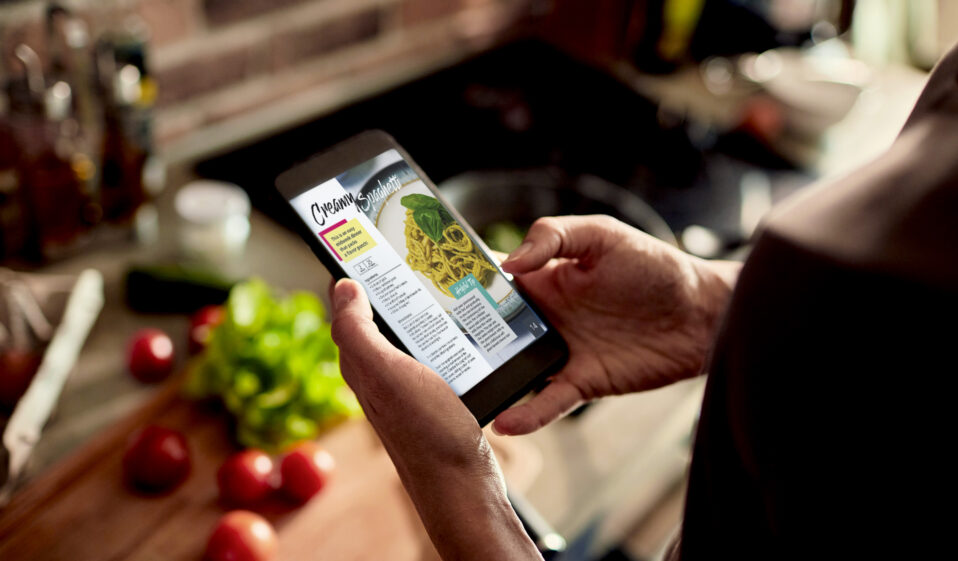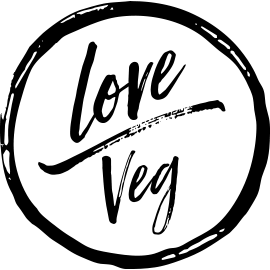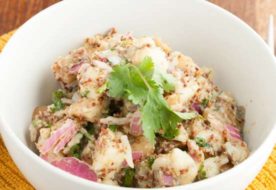Monday
Breakfast
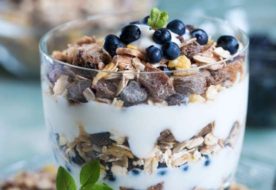
Citrus fruits, kiwis, and black currants are a good source of Vitamin C. Oranges contain Vitamin A and Kiwis Vitamin K. Soy products contain Vitamin B3 and are often calcium enriched. Pumpkin seeds contain zinc, iron, phosphorus and magnesium. Seeds are also an important source of protein and the essential amino acids.
Lunch
Dinner
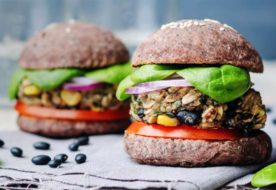
Tuesday
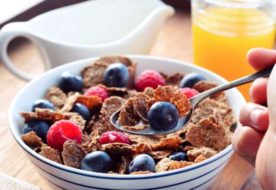
Vitamin C helps the body to absorb iron, which cereals such as Kellogg’s Complete Oat Bran contain. That’s why we recommend having a small glass of orange juice with your breakfast or adding fruit, like strawberries or citrus fruits, that contain Vitamin C. Nuts, in general, are a good source of protein and contain the essential amino acids, Vitamin E, Vitamin B7, magnesium and phosphorous. Many cereals also contain Vitamin B12.
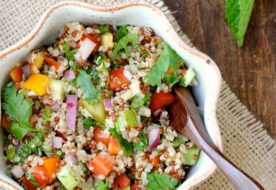
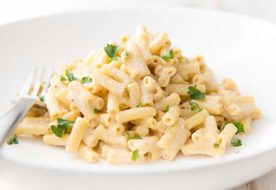
Wednesday
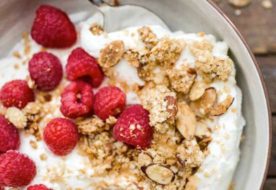
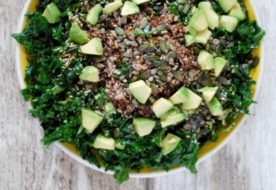
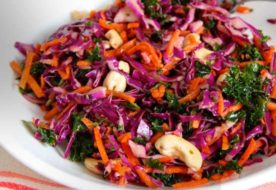
Thursday
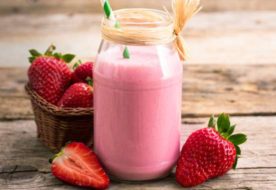
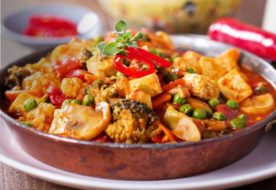
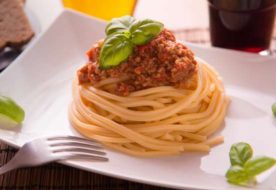
Friday
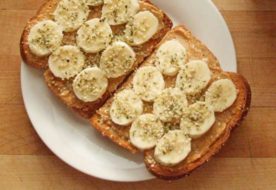
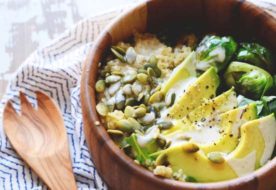
Kale is among the most nutrient-dense foods on the planet. A single cup of raw kale (about 67 grams or 2.4 ounces) contains:: Vitamin A: 206% of the RDA (from beta-carotene). Vitamin K: 684% of the RDA. Vitamin C: 134% of the RDA. Vitamin B6: 9% of the RDA. Manganese: 26% of the RDA. Calcium: 9% of the RDA. Copper: 10% of the RDA. Potassium: 9% of the RDA. Magnesium: 6% of the RDA.
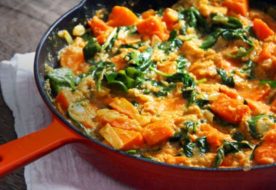
Saturday
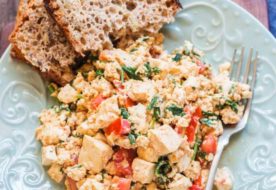
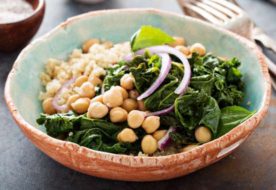
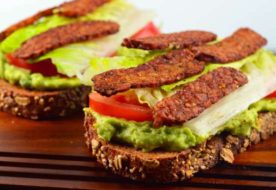
Sunday
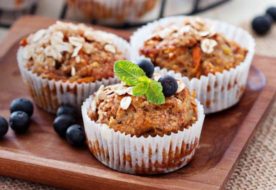
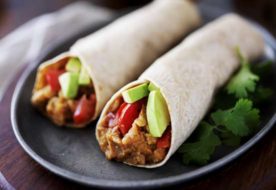
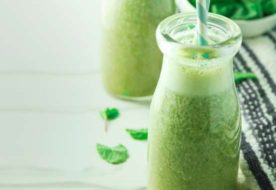
Coconut water is an excellent source of electrolytes and a healthful way to rehydrate your body. It also comes with a high concentration of potassium. Bananas too are a powerful source of potassium and they also have nearly 20% of your daily recommended Vitamin B6 intake. Pineapples are unrivaled in their concentration of Vitamin C, just 100g has nearly 80% of your recommended daily intake.
Try Plant-based Today
